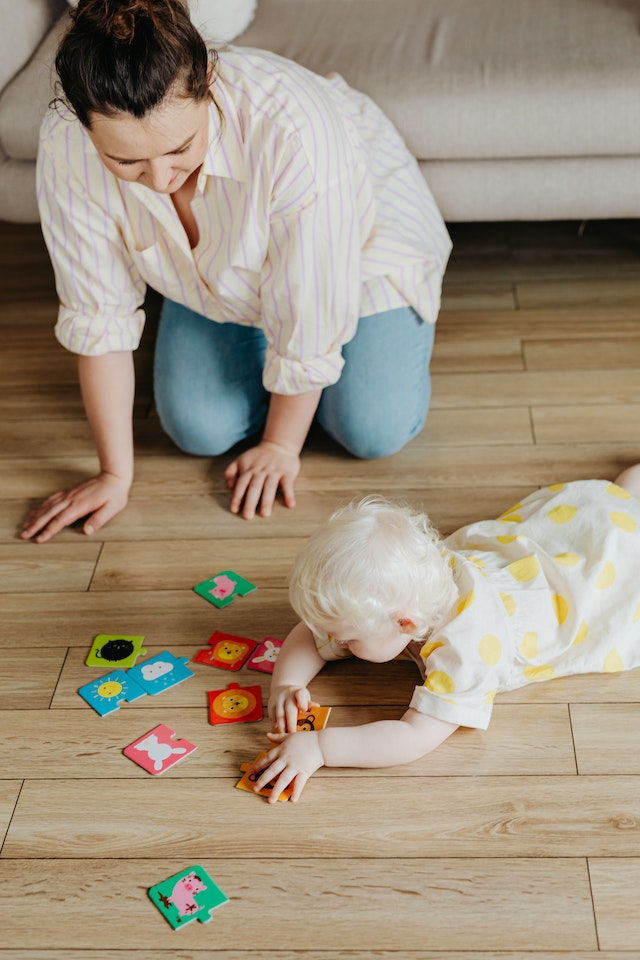Introduction
In the realm of special education, flashcards have emerged as a valuable tool to support children with learning difficulties or special needs.
In this article, we will explore how flashcards can be beneficial for children facing learning challenges, and why incorporating them into your teaching practices can make a significant difference in their educational journey.
The Versatility of Flashcards in Special Education Flashcards have proven to be highly effective in facilitating the learning process for children with learning difficulties or special needs.
Here’s how incorporating flashcards can enhance their educational experience:
Visual Aid:
Flashcards offer a visual representation of concepts, making abstract ideas more tangible and easier to grasp.
This visual aid helps children with learning difficulties to better understand and remember information.
Simplified Information:
Flashcards provide concise and focused information, breaking down complex topics into manageable parts.
This approach helps children with special needs to process information at their own pace, reducing cognitive overload.
Multi-Sensory Learning:
Flashcards can incorporate various sensory elements, such as textures, colors, or raised surfaces.
By engaging multiple senses, flashcards cater to different learning styles and help reinforce connections between visual stimuli and associated concepts.
Vocabulary Development:
Flashcards are an excellent tool for expanding vocabulary.
Children with learning difficulties often struggle with language skills, and flashcards can help them associate words with images, aiding in the development of vocabulary and language comprehension.
Memory Enhancement:
Repetition is crucial for memory retention, and flashcards allow for repeated exposure to information.
By regularly reviewing flashcards, children with learning difficulties can reinforce their memory recall and retention abilities. The Importance of Individualization
When using flashcards with children with learning difficulties or special needs, it is vital to customize and individualize the learning experience.
Here are some key considerations:
Tailored Content:
Create or select flashcards that align with the specific learning goals and needs of each child.
Customize the content to focus on areas that require extra attention, addressing their unique challenges and strengths.
Differentiation:
Adjust the level of difficulty or complexity of the flashcards to match each child’s abilities.
Adapt the content to ensure it is challenging yet achievable, promoting growth and progress.
Positive Reinforcement:
Use flashcards as a means of positive reinforcement,celebrating small victories and accomplishments.
Incorporate praise and rewards to motivate and encourage children with learning difficulties, fostering a positive learning environment.
Multisensory Approaches:
Consider incorporating multisensory elements into flashcards to engage different senses and cater to diverse learning preferences.
This approach can be particularly beneficial for children with sensory processing difficulties.
Patience and Support:
Provide ample time, patience, and support when introducing and utilizing flashcards.
Allow children to work at their own pace and provide guidance or assistance as needed, fostering a sense of confidence and self-esteem.
Conclusion
Flashcards have emerged as a powerful tool in special education, aiding children with learning difficulties or special needs in their educational journey.
By offering visual aids, simplifying information, promoting multi-sensory learning, and enhancing vocabulary and memory skills, flashcards facilitate a more inclusive and effective learning environment.
Customizing the content, differentiating instruction, and providing individualized support are key factors to maximize the benefits of flashcards for children with learning difficulties or special needs.
As an experienced teacher, incorporating flashcards into your teaching practices can make a significant impact on the educational outcomes and overall development of these exceptional learners.
![]()











